|
If you had to choose, which would you rather have: a healthy father or a good father?
Studies suggest men often choose being a good father over being healthy. Becoming a father is a major milestone in the life of a man, often shifting the way he thinks from being “me focused” to “we focused.” But fatherhood can also shift how men perceive their health. Our research has found that fathers can view health not in terms of going to the doctor or eating vegetables but how they hold a job, provide for their family, protect and teach their children, and belong to a community or social network. As founder and director of the Center for Research on Men’s Health at Vanderbilt University and as a postdoctoral fellow from Meharry Medical College, we study why men live shorter lives than women, male attitudes about fatherhood, how to help men engage in healthier behavior – as well as what can be done to reduce men’s risk of Type 2 diabetes and heart disease.
0 Comments
Introducing Vital Planet's The Complete Probiotic+ Formulated to Support Specific Health Needs.
Click on the images to read and learn more about Digestive Health and the products from Vital Planet that can provide you relief and solutions you have been looking for. Visit us in store to talk to one of our Supplement Consultants if you have any questions or concerns. We are always happy to help you find the right products specifically for you. As liquid vitamins are becoming increasingly popular among those looking to supplement their diets and improve their overall health, Buried Treasure introduced these easy to use, on-the-go supplements you can take anytime, anywhere (Ideal for your overall well-being and healthy holistic lifestyle.) These wellness drops are now available in our store. Visit us and speak with our Supplement Consultants to find the right one for you!
 If you've ever attended one of our in-store events, you know they are lots of fun. Not only do you get to sample some of our favorite foods, drinks and more, but you also get to meet some of our amazing supplement vendors. You get to talk to representatives from different brands and learn more about the products you find at our store. Ask questions, learn, and take home some samples. Below are just some of the brands that will be attending our celebration this year. Some of the best like, Carlson Fish Oils, Buried Treasure Liquid Supplements, and Malama Mushrooms are just a few of the brands you can try and learn more about. We are very excited to see you this coming Friday, April 5th 11am-3pm here at the store! Buried Treasure
North American Herb & Spice created the Wild oregano revolution. P73 is a special blend of wild, edible oregano oils from the true, natural spice, unmatched in the world. This blend has immense cleansing powers throughout the body. P73 also stands for purity, potency, and high phenolic power. Where does Wild Oreganol P73 come from, and why is it unique? There are over eighty known species of oregano. Oreganol P73 is a blend of the most powerful species known to possess health benefits. The oregano used in Oreganol P73 grows wild in the Mediterranean mountains directly out of rocks rich in calcium, magnesium, and phosphorus at altitudes as high as 12,000 feet above sea level. It is handpicked by villagers, who for generations have known and benefited from the wisdom of the ancient. For thousands of years it was relied upon as a purging herb, as documented in the holy scriptures - The Bible - and is now the center of worldwide research. Oreganol P73 is made from this wild oregano mentioned in the scriptures. After harvesting, it is steam-distilled with pristine spring water from an aquifer 300 feet deep to produce their oregano oil and hydrosol with unrivaled quality, efficacy, and purity. Anyone can use it, adults, children, pets, and even farm animals. May even be rubbed on infants' feet and chest. Contains Extra Virgin Olive oil wich has several benefits on its own.
Enjoy Special Savings on American Herb & Spice products!As we prepare to "spring ahead" this weekend, Sunday March 10th. Some of us may have a difficult time adjusting to the yearly inevitable switch. Whether we agree with this custom or not, one thing is for sure, we have to readjust our internal clocks. This switch in time, can have various health consequences. Throwing off your circadian rhythms, depression, slower metabolism, weight gain, cluster headaches and an increased risk of developing certain disorders, from cognitive and mental health to digestive and heart diseases. Here are some tips to help you overcome the loss of time and supplements you can take to help you keep or achieve quality sleep. What you can do
What you can takeAt The Whole Wheatery we carry a variety of natural supplements to help you achive better sleep and relaxation. Here are a couple of our favorite supplements. 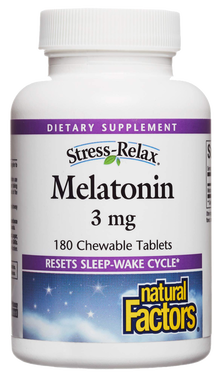 Natural Factors Melatonin Stress-Relax Melatonin is made using a proprietary fermentation process starting with an amino acid. No petrochemicals or animal sources.
Black Seed Oil is an herbal ingredient derived from the plant Nigella sativa, which is native to Eastern Europe and Western Asia. It is known for its powerful medicinal properties. Black seed oil is a natural remedy that people use to treat a wide range of conditions:
Could reduce the risk of metabolic syndrome, a cluster of conditions that can increase the risk of heart disease, stroke, and type 2 diabetes. Promotes Wound Healing Black seed oil contains antioxidants and bioactive compounds such as thymoquinone, which helps support healthy oxygenation in the heart muscle and may stimulate tissue growth and promote wound healing. Could Aid in the Treatment of Vitiligo Some research suggests that black seed oil could be beneficial for treating vitiligo, a disorder that causes loss of pigmentation in the skin. May Reduce Acne Some research shows that black seed oil could benefit skin conditions such as acne. This may be due to the antimicrobial and anti-inflammatory properties associated with black seed oil. We carry a wide selection of Black Seed Oil. Visit us and talk to one of our Supplement Consultants to see which is best for you! If you’re like many shoppers, you want to know how the food you buy affects people and the planet, including how it was grown, harvested and produced. You seek out greater transparency from stores like ours, as well as from your favorite brands and the companies who produce your food. We, too, believe you have a right to know if what you’re buying aligns with your values! That’s where third-party certifications play a big role. When you see the little labels by independent third-party certifiers on your food, you know that product underwent a rigorous evaluation to ensure it met a set of strict standards. To highlight the positive impacts these labels make, this January we’re celebrating Think Big, Shop Little Labels all month – honoring Fairtrade America, Marine Stewardship Council and the Non-GMO Project! By looking for the Non-GMO Project, Fairtrade America and Marine Stewardship Council labels, you can shop sustainably throughout our store! Read on to learn how they are driving big, meaningful change in our food system! 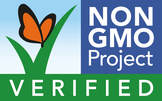 What is Non-GMO Project Verified? GMOs (or genetically modified organisms) are living organisms whose genetic material has been manipulated in a laboratory through genetic engineering, creating combinations of plant, animal, bacteria, and/or virus genes that do not occur in nature or through traditional crossbreeding methods. Non-GMO Project verification means that a product is compliant with the Non-GMO Project Standard, the most rigorous third-party standard for GMO avoidance, which includes stringent provisions for ingredient testing and traceability and the most up-to-date definitions around new GMO techniques. What is Fairtrade America? Every day, we enjoy products planted, grown, harvested and transported by farmers and workers around the world. These farmers and workers often do not earn enough to have a decent living — that is, to eat nutritious food, send their kids to school, have adequate shelter and weather a crisis. Many live on less than $2 per day. The Fairtrade Mark works towards rebalancing trade. By choosing Fairtrade, you are choosing to prioritize the farmers and workers behind our everyday purchases. You are choosing products that are certified to meet the rigorous standards developed in partnership with producers. What is MSC Certified? The MSC blue fish label is an ecolabel that can be found on seafood products from fresh, canned, and frozen seafood to omega-3 supplements and even pet food. It can also be found alongside seafood items on menus. The blue fish helps shoppers and diners identify seafood that is wild-caught and that has been independently verified for environmental sustainability, because a healthy ocean is vital for people and the planet. By purchasing products with the MSC blue fish label, you are directly supporting well-managed fisheries that have been assessed by a third-party on its impacts on wild fish populations and the ecosystems they're part of. When you see the MSC blue fish label on packaging, you can feel good knowing you are supporting continuous changes on the water to help protect the ocean for the future. 95% of MSC certified fisheries make improvements so they continue to meet the high bar of the MSC Fisheries Standard. Why do we need such labels on food anyway? “Natural” food and “fair” food are big business these days and greenwashing has become a serious problem. By making unverified or uncertified claims about how their food is grown, caught, or processed (“self-made” marketing claims), some unscrupulous companies capitalize on shoppers' desire for high-quality food because it supports people and the planet. In response, there is a sea of different labels popping up with claims that sound really good, but have little backing them up. How does an informed shopper know what label is supported and which are empty marketing words? Choosing well-recognized, independent, third-party certification labels on products is the best place to start. Labels like the Fairtrade Mark, Marine Stewardship Council (MSC) Certified, and Non-GMO Project Verified represent rigorous standards with requirements that must be followed in order to receive the label. This may actually require laboratory testing and supply chain accountability that allows for “identity preservation.” Fairtrade America, Marine Stewardship Council, and the Non-GMO Project are all nonprofit organizations driven by their collective mission to change how food is harvested or made in order to better serve people and the planet. Fairtrade has been operating internationally since 1989, MSC’s sustainable fishing standard has been in effect since 1998, and Non-GMO Project has been verifying products since 2010. The nonprofits publish their standards on their websites to give shoppers full transparency. Brands both large and small showcase this compliance by including the Fairtrade, MSC, or Non-GMO Project labels on their packaging. This further gives shoppers assurance that it’s not a fad but a sustainability tool used by brands to have a true, positive impact. What you can do Think big and shop the labels! Our store will be highlighting products that are Fairtrade, MSC Certified and Non-GMO Project Verified throughout January. Support brands working towards a more sustainable future, and try something new. Want to learn more? Follow the Butterfly with the Non-GMO Project. Sign up for their newsletters and like them on social media @NonGMOProject. |
AuthorCollaborating to provide our customers with the most accurate information possible. Keeping your health our top priority. Archives
June 2024
Categories |
|


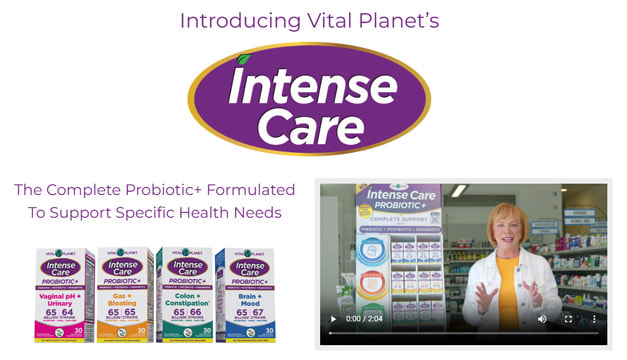
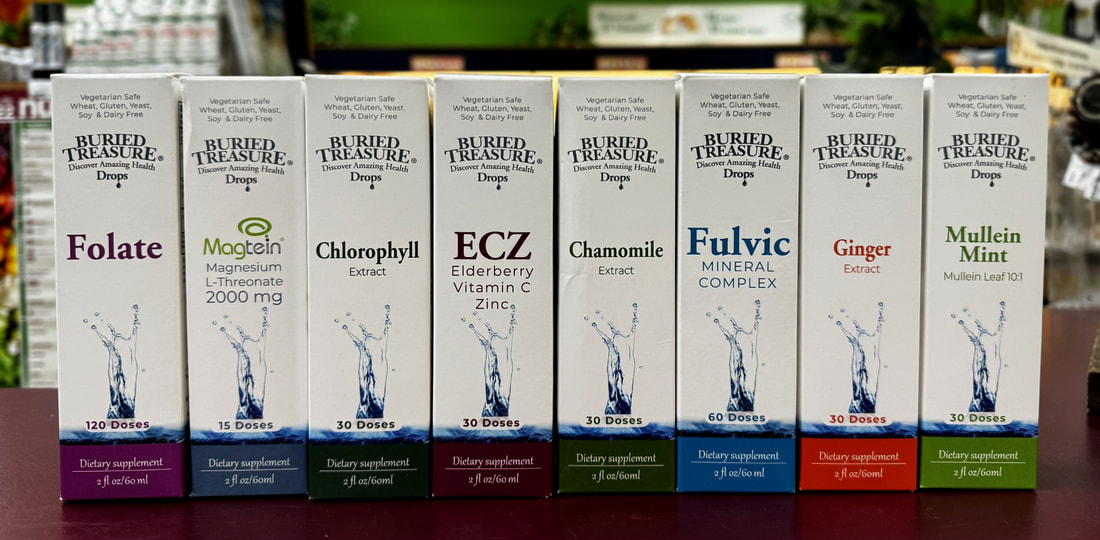
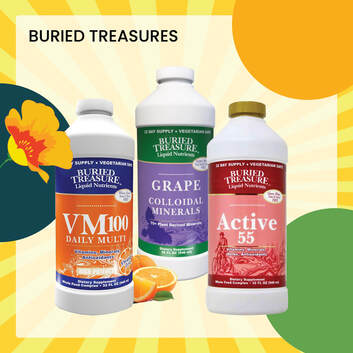
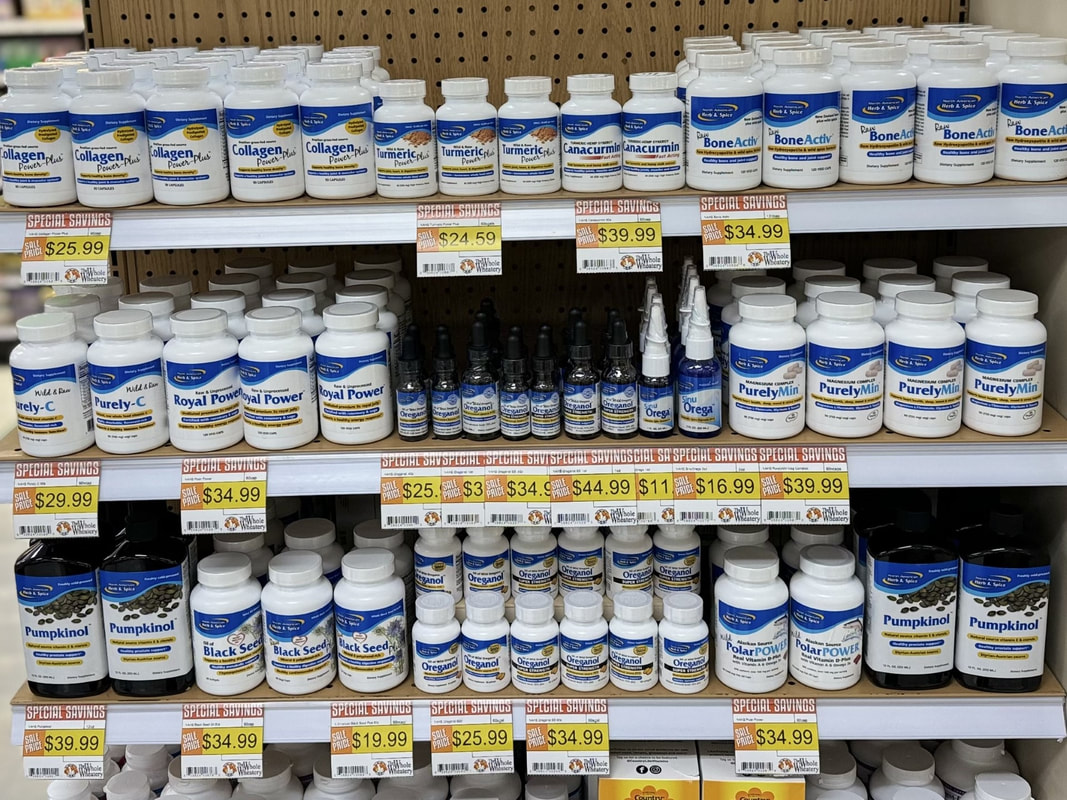
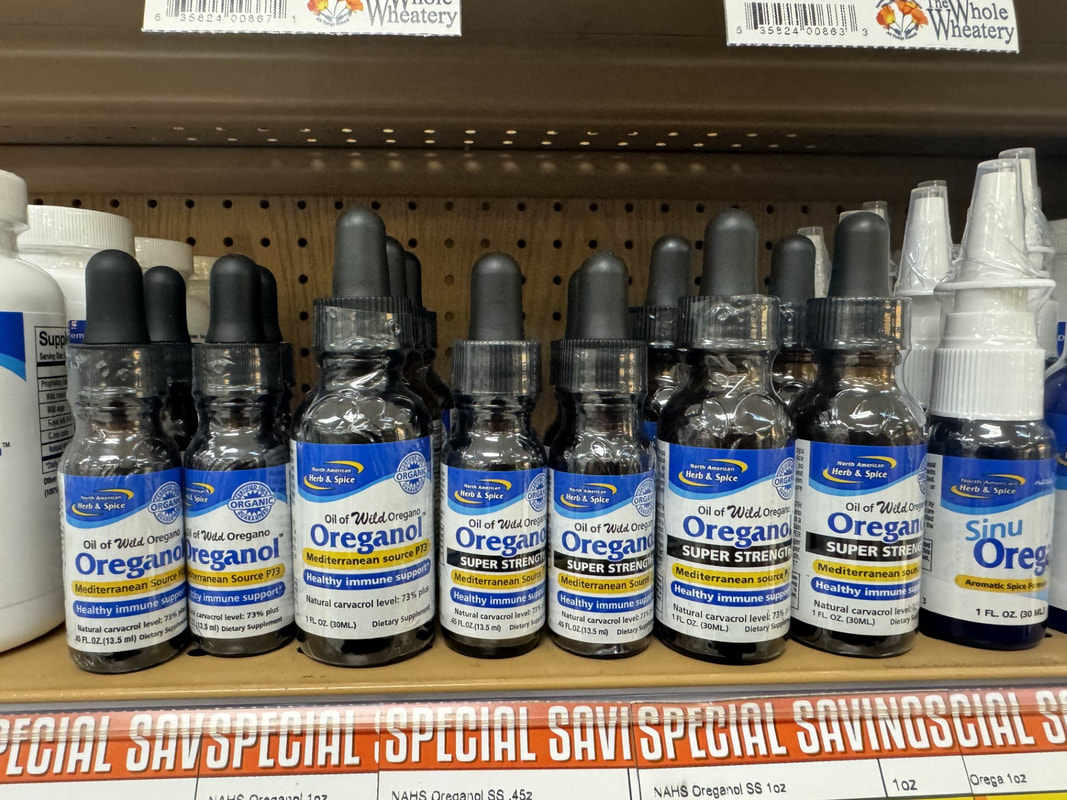

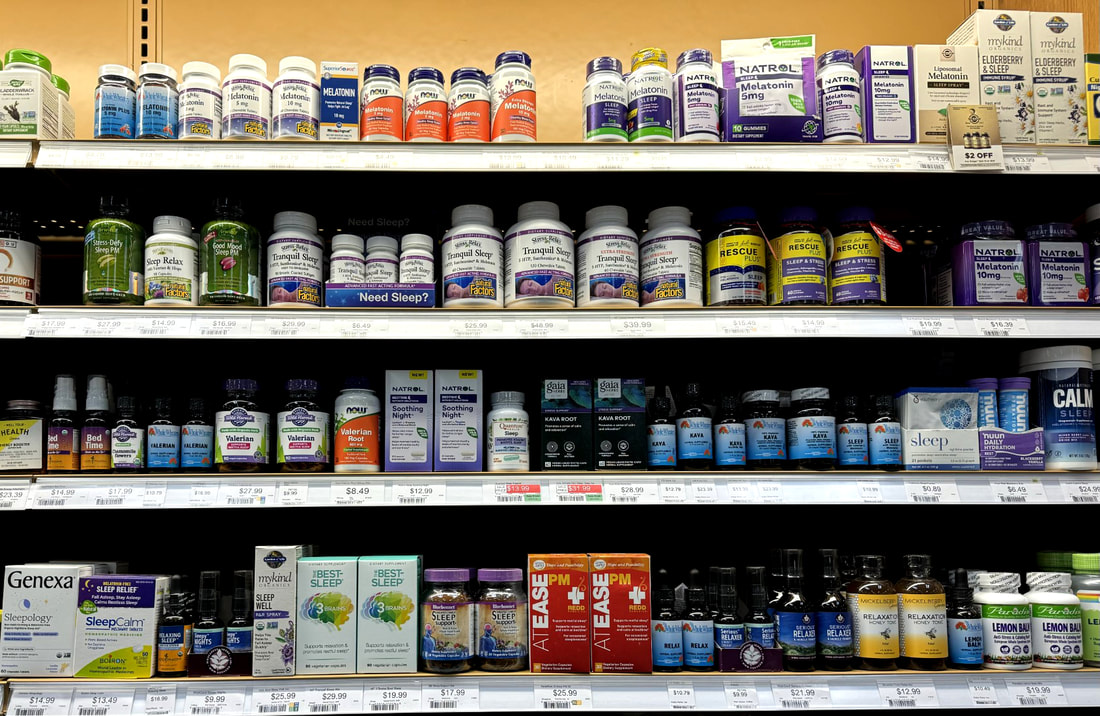
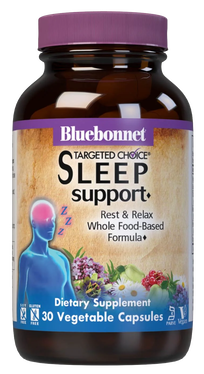
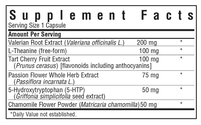
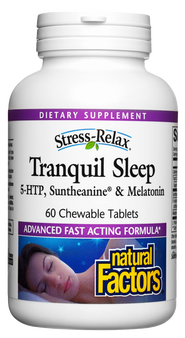
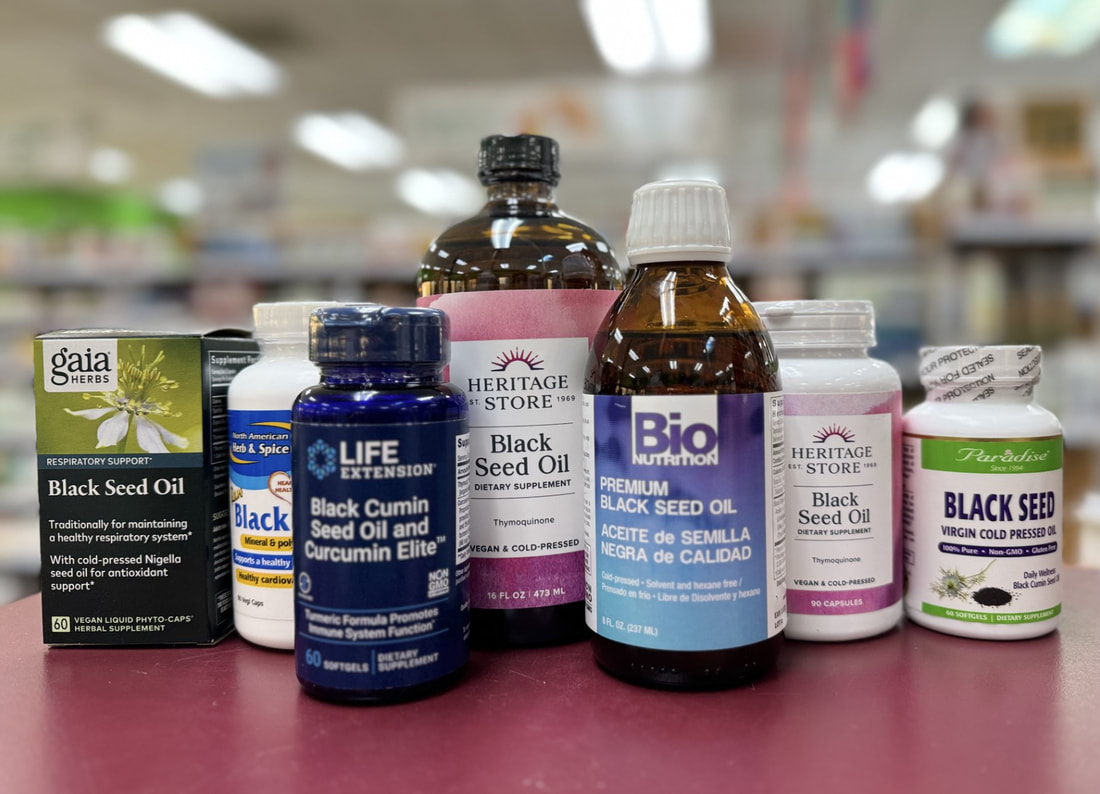
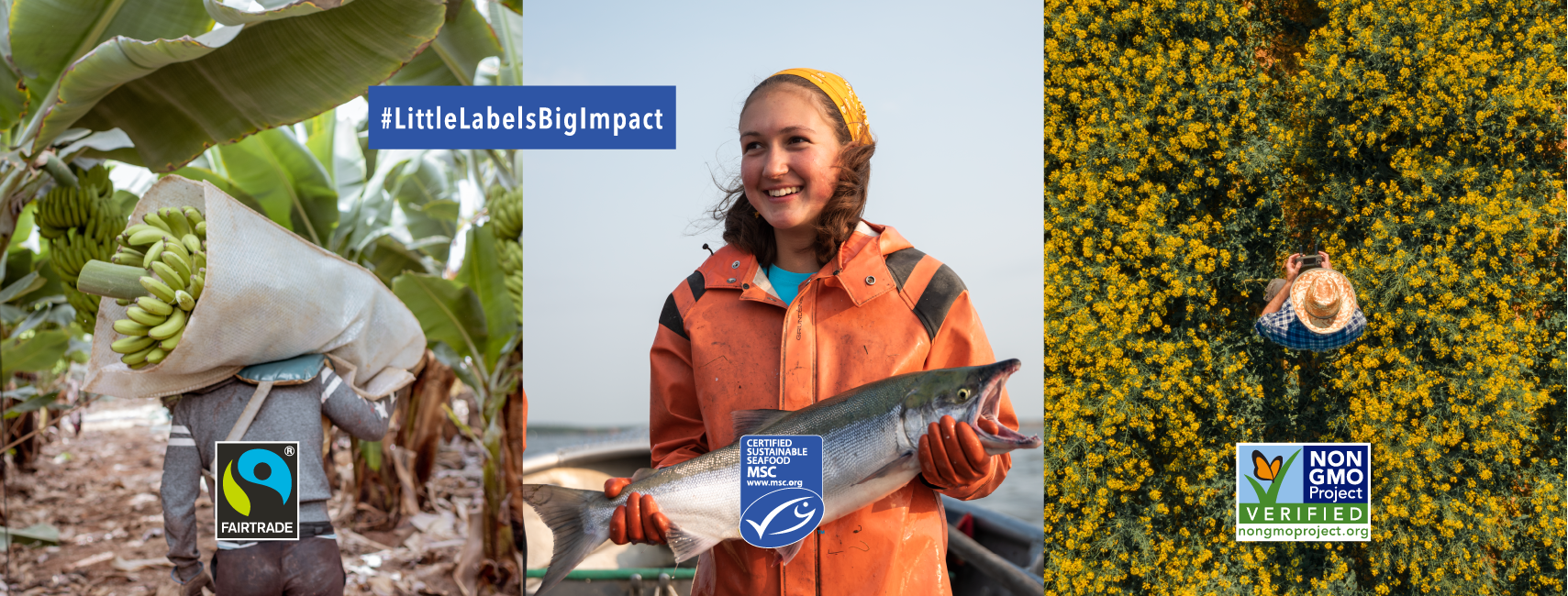
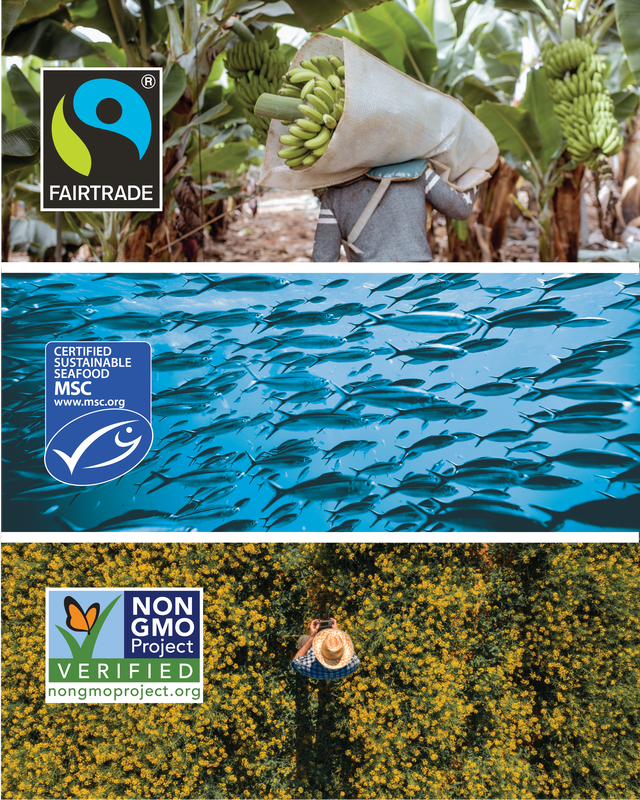
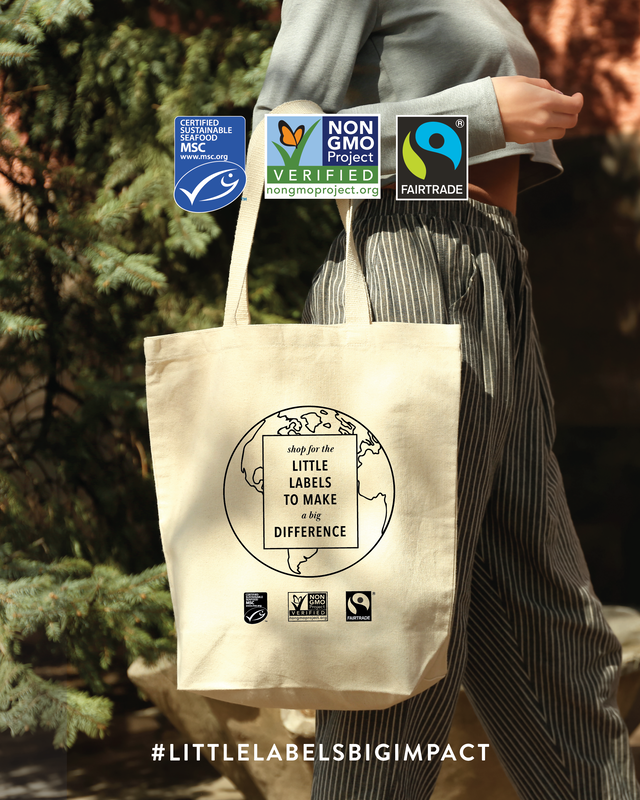
 RSS Feed
RSS Feed